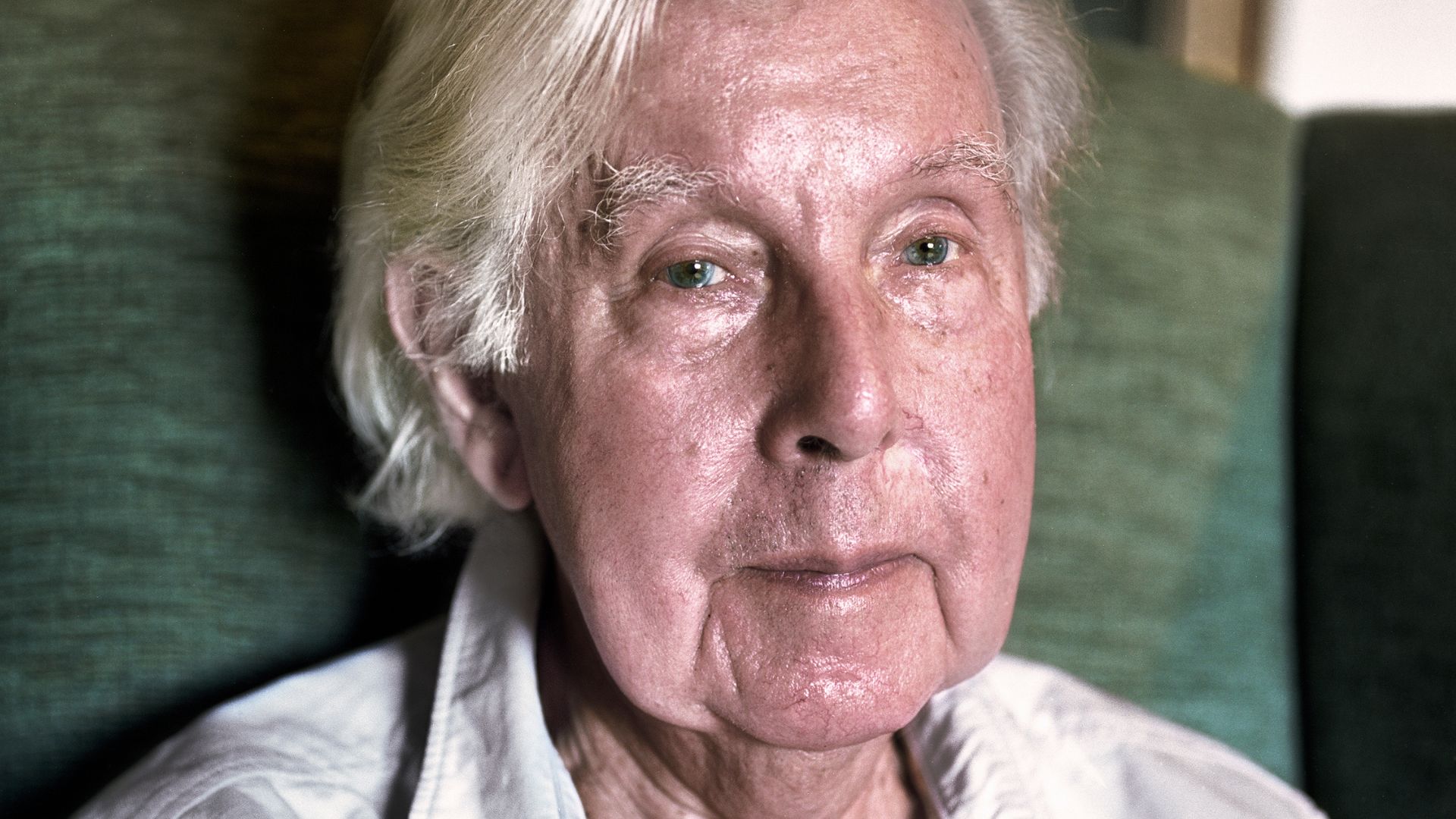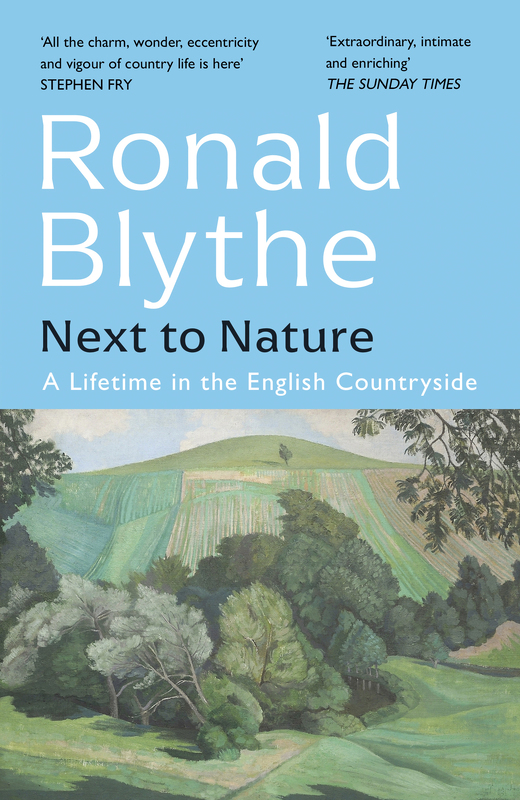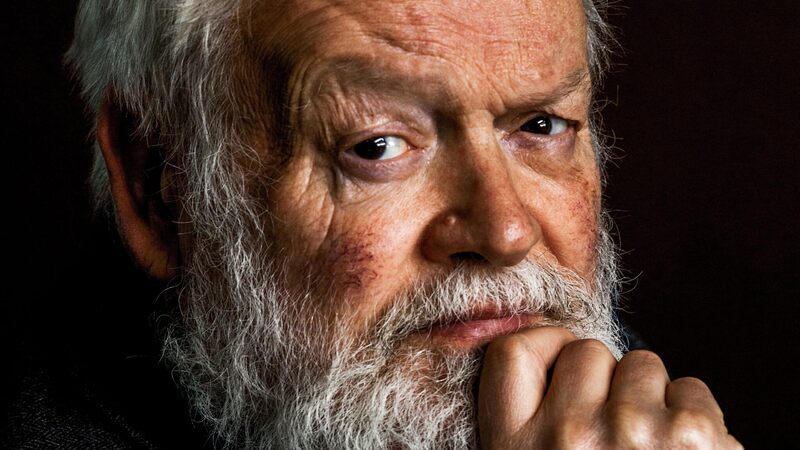You are viewing your 1 free article this month. Login to read more articles.
John Murray pays tribute to ‘unmatched’ author Ronald Blythe, who has died aged 100
Ronald Blythe, author of more than 30 books including Akenfield, his powerful and poetic account of life in a Suffolk farming community published in 1969 and later adapted into a feature film by Peter Hall, has died at the age of 100.
Born November 6th 1922, Blythe, whose final book, Next to Nature, was published in October 2022 by John Murray, died on 14th January.
Blythe was made a CBE in the Queen’s Birthday Honours in 2017 for services to literature and leaves behind what John Murray described as a “magnificent portfolio of writing”. That included Akenfield, which was republished as a Penguin Modern Classic in 2005, a weekly diary the Church Times published for 25 years, plus short stories, poems, histories, novels and essays.
Managing director of John Murray Press Nick Davies said: “We were deeply saddened to hear of Ronnie’s death. But what a life and what an extraordinary body of work he has left us. I turned to his January diary today and read: ‘Approaching snow. I think I can smell it. The fields ache in the cold. A brave band of chrome yellow straight out of my old paintbox streaks across the sky. All the trees are still.’
“As a chronicler of life in rural England over the last century Ronnie truly was unmatched. It was a great privilege to publish his final book a few months ago and it is a mark of just how adored he was that Rowan Williams, Maggi Hambling, Robert Macfarlane, Vikram Seth, Richard Mabey and half a dozen other writers made contributions to it."
Ian Collins, Blythe’s friend, literary executor and biographer, said: “Ronnie began with every disadvantage. Born into incredible poverty, he left school at 14. He educated himself. There wouldn’t have been a Ronald Blythe without public libraries. He devoured books, he worked in a library in his 20s and read everything. He looked, he listened and what emerged was a voice that was so pure and original. His weekly rural diary, which stretched to over a million words when he retired in 2017, is the best of his writing—light as air and full of philosophy. The publication of Next to Nature late last year, which contains the best of those dairies, brought Ronnie enormous pleasure in what turned out to be the final months of his extraordinary life.”
In response to retailer demand John Murray is bringing forward the publication of the paperback of Next To Nature to April. John Cotterill, non-fiction category buyer at Waterstones, said: “It was with terrible sadness that we learned of Ronald Blythe’s passing. He was one of the great champions of country life, excelling at documenting lives, pastimes, and rural rhythms. Akenfield has for many years been a cherished part of Waterstones’ backlist offer and Next To Nature showcased a rare intellect, spritely and erudite, which Waterstones readers have responded to with great warmth.”
John Murray said independent booksellers had done “incredibly well” with Next to Nature, particularly shops local to Blythe’s Bottengoms Farm in Suffolk. Peter Donaldson, co-owner of Red Lion Books in Colechester, said: “We have been privileged to do many events with Ronald Blythe over the years and his kind and generous nature always made him a joy to work with. There is enormous love and admiration for him among our customers, many of whom know him personally. So, it is no surprise that Next to Nature, the perfect celebration of a truly great writer, was one of our top sellers for Christmas.”
John James, co-owner at Aldeburgh Bookshop, added: “Next to Nature is a fitting culmination of Ronald Blythe’s life of writing in tune with his extensive reading, his prodigious memory, his Anglican faith and his deep sense of nature and the seasons, particularly in his love of Suffolk. It is a magical book which takes you in many directions under the expert guidance of Ronnie’s dear friends and fellow writers."
There has been an outpouring of tributes to Blythe, including obituaries in the Guardian, Telegraph, Times, BBC and on Radio 4’s Today programme. Robert Macfarlane said he was “one of the most gently luminous 20th-century writers of people and place".





















